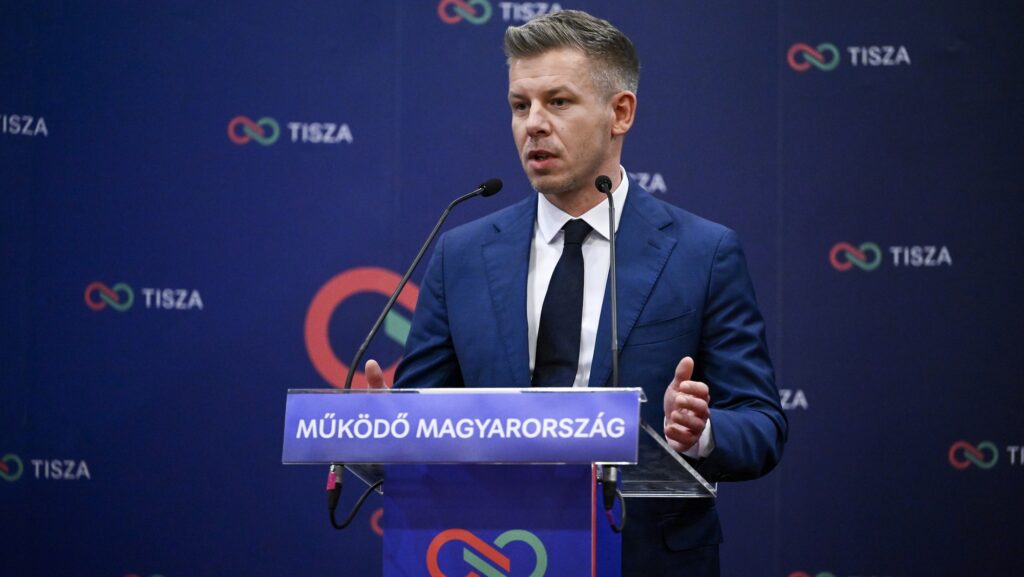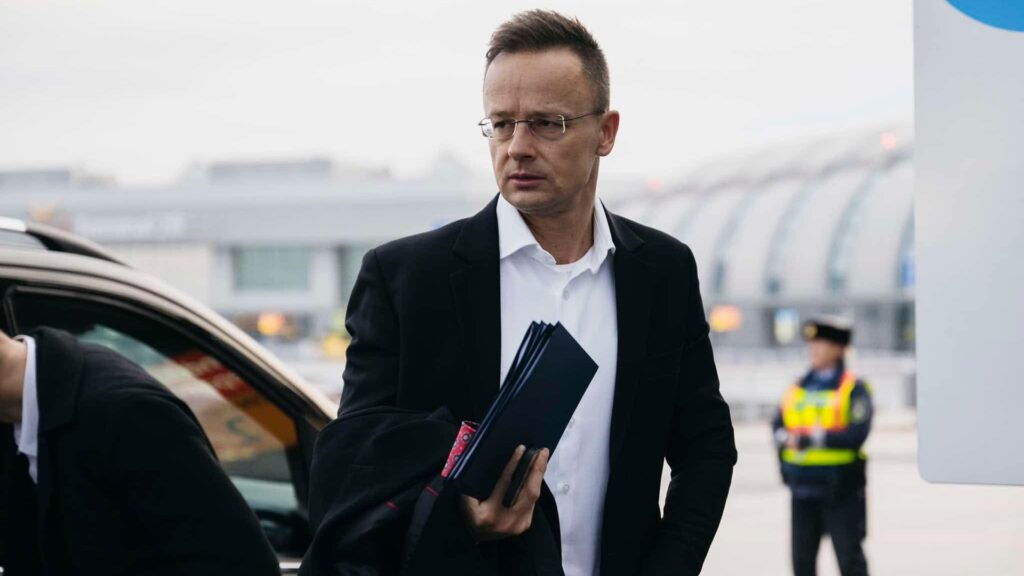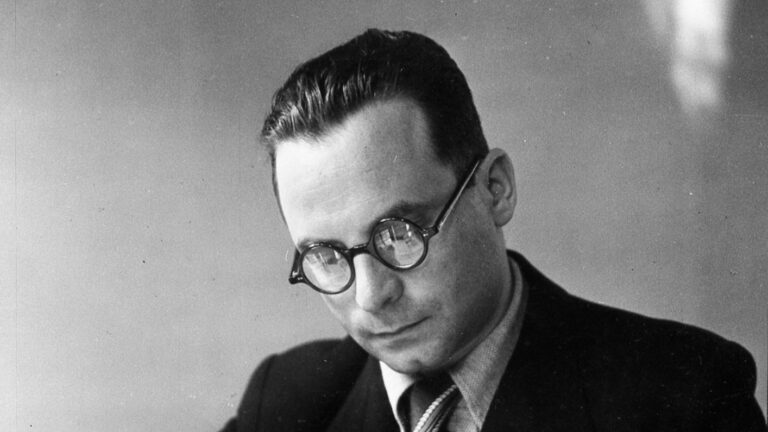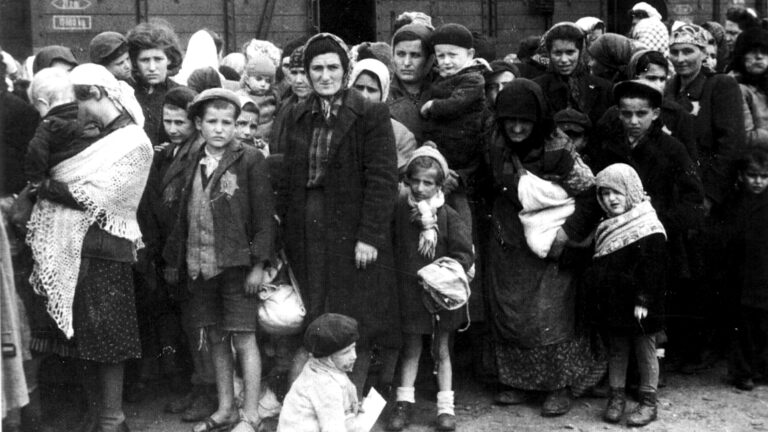Hungarian universities continue to move up in international rankings, Minister for Culture and Innovation Balázs Hankó said on Thursday, highlighting the country’s growing presence in global higher education and research. Speaking on M1 television, he noted that the latest university rankings, released late Wednesday, confirm the upward trend for Hungary’s institutions.
Hankó, who had just returned from the United States, reported productive government-level discussions and successful academic and research partnerships. He announced that Pázmány Péter Catholic University will launch a new joint research group with an American partner institution focused on the ethical use of artificial intelligence. ‘The climate has changed completely, we are friends with the United States and our cooperation is strong,’ he said.
According to the minister, the most recent global ranking shows continued dominance by leading US and UK universities, but Hungary’s institutions have made remarkable progress. Semmelweis University improved its position to 272nd place worldwide, placing it among the top 1 per cent of over 30,000 universities globally, the best ranking in the Visegrád Group. Twelve Hungarian universities now belong to the top five per cent, including seven regional ones, with Pázmány Péter Catholic University joining the list this year.
In 2009 only six Hungarian universities were ranked among the global elite, a number that has now doubled, which Hankó said proves the success of the government’s university reforms. Based on four objective professional criteria, Semmelweis University could already qualify among the top 100 globally, he added, expressing confidence that by 2030, Hungarian institutions will appear among Europe’s top 100 universities.
‘Semmelweis University improved its position to 272nd place worldwide, placing it among the top 1 per cent of over 30,000 universities globally’
Four Hungarian universities—Semmelweis, Óbuda, Eötvös Loránd (ELTE), and the University of Debrecen—now rank among the world’s top 1,000. Hankó noted that these achievements come despite what he described as political opposition from Brussels and Hungary’s Tisza Party, which he accused of working against domestic academic success. He referred to recent amendments proposed in the European Parliament that could extend funding exclusions, such as those applied since 2022 to Hungarian participants in Erasmus and Horizon programmes, to the national Pannonia Programme.
The minister defended the Pannonia scholarship initiative, calling it twice as successful as Erasmus and emphasizing that higher education remains a national competence. Since its launch, 8,115 students and young researchers have studied abroad through the programme, including 181 in the United States, 119 in the United Kingdom, and 118 in Japan.
Hankó accused the Tisza Party and Brussels of wanting to exclude Hungarian rectors and professors from university boards and replace them with NGO-appointed members, a move the government rejects. He added that six Hungarian universities recently presented their case before the European Court of Justice in Luxembourg, challenging the EU’s exclusion decisions, and said the court questioned the European Commission and Parliament over regulations that, in his words, contradict fundamental EU law.
Related articles:







